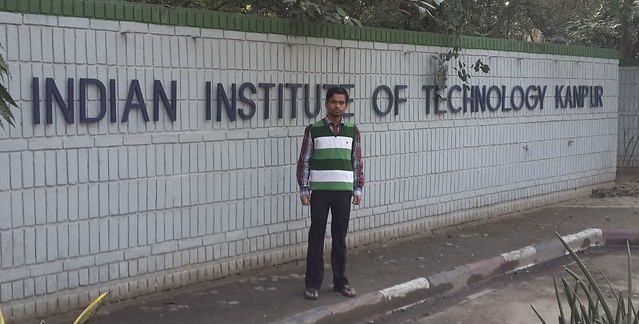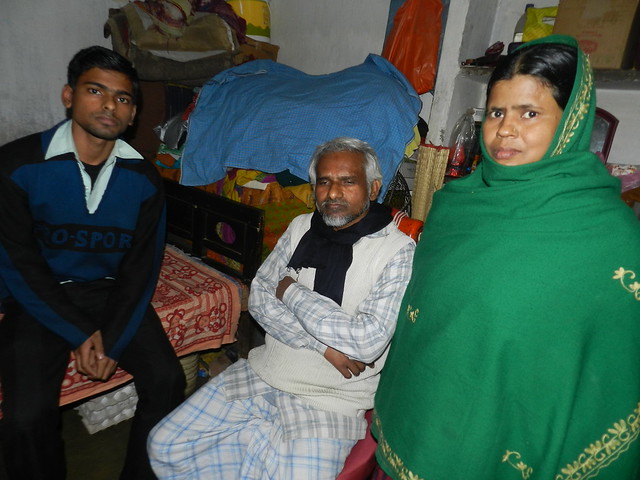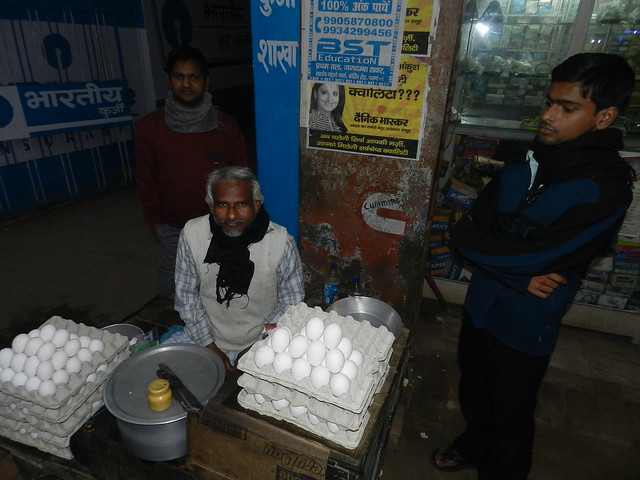By Anjali Ojha, IANS,
New Delhi : Slow legal action against arsonists and rapists is one of the major reasons forcing victims of the Muzaffarnagar riots to stay back in relief camps as they fear they will be targeted again, National Commission for Minorities (NCM) chief Wajahat Habibullah has said.
He also said the government was "slow" in giving better facilities to the victims at the camps and steps were taken to improve the living conditions only after the media highlighted deaths due to cold.
"Unless the culprits are brought to book, how can they go back? There are over 3,000 cases, and just over 200 people have been arrested. The process is very slow," Habibullah told IANS in an interview.
The Uttar Pradesh Police has filed 566 cases of murder, rioting and arson related to the riots, considered to be the worst riot in many years, while over 6,000 people have been named as accused. But so far only 294 people have been arrested as per figures by a special investigation team looking into the riots.
Political leaders have been charged for inciting violence, including Bahujan Samaj Party (BSP) MP from Muzaffarnagar Qadir Rana, his brother and BSP MLA Noor Saleem Rana, another BSP MLA Jameel Ahmad, former Congress minister and MLA Saeed-uz-Zaman and his son Salman Saeed and Bharatiya Janata Party MLAs Sangeet Som and Suresh Rana.
"Our commission found six rapes cases, but not even one arrest had been made. How can they go back when they know the murderers of their families are roaming free? Confidence has to be restored in them," Habibullah, who also served as Chief Information Commissioner, told IANS.
He had stepped down from that post to become the RTI watchdog in Jammu and Kashmir. He took up his present appointment in July 2010.
Habibullah said nearly 50,000 people fled from the farm-rich region in western Uttar Pradesh after the riots.
Beginning August 27 last year, clashes between the Hindu and Muslim communities of the Muzaffarnagar, Shamli, Baghpat, Meerut and Saharanpur districts of Uttar Pradesh, claimed over 40 lives and injured 93, while dislocating thousands.
Thousands are still staying in the 28-odd relief camps set up by the administrations and in Islamic seminaries, schools and public buildings.
Asked about the living conditions in the camps, Habibullah said there is improvement.
"Government is taking steps, but they are very slow. There were some deaths due to cold, but it stopped after the issue was raised by media," he said.
At least 40 children are said to have died of cold in the relief camps.
Habibullah also said the local leaders and villagers needed to instill confidence among those living in camps so that they go back home.
"Most of the victims have gone back. They were the ones who were persuaded by their local administration, sarpanchs (village heads) to come back," said Habibullah.
"But those who are still in the relief camps have seen their loved ones being killed and their property being destroyed in front of their eyes. They have reasons to be apprehensive," he said.
Habibullah said that the "local leaders and villagers will have to go to them and assure them that they will be safe in their homes".
The minority commission chief said their teams have visited the riot-hit areas and found that the local Jat community was now feeling remorseful.
"But still there are many who are fanning hatred, but the relation between Hindus and Muslims in these villages is that of interdependence," he said.
"The Hindus are land owners and Muslims are artisans. The dislocation has affected economy there," he said.
The local administration had estimated that in Muzaffarnagar and Shamli, the communal violence has incurred a financial burden of more than Rs 100 crore on the state's exchequer.
(Anjali Ojha can be contacted at anjalo.o@ians.in)













